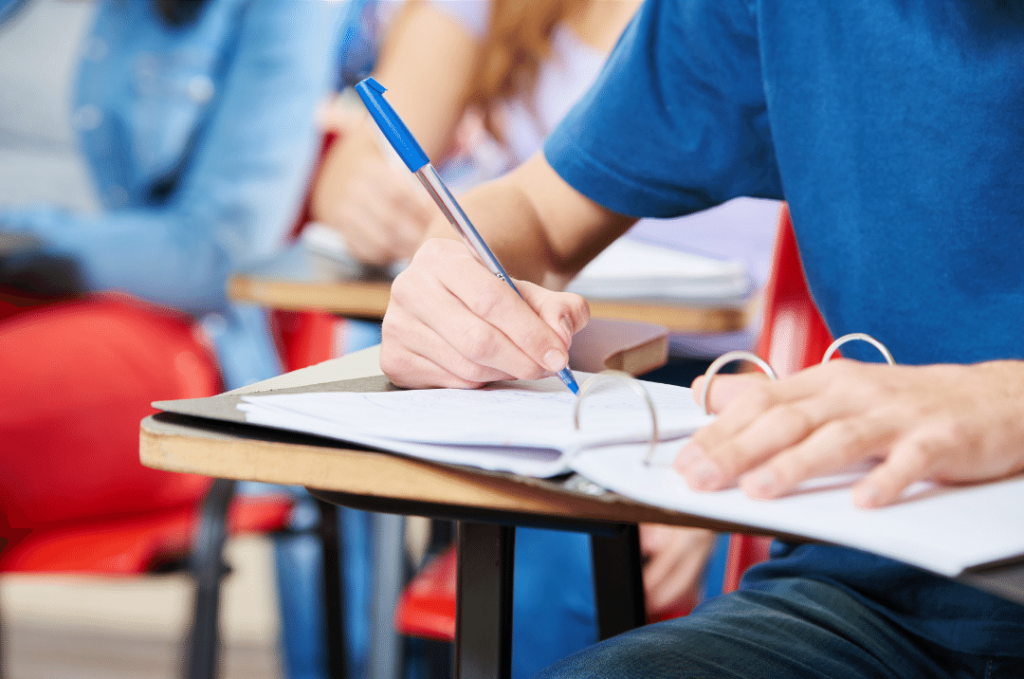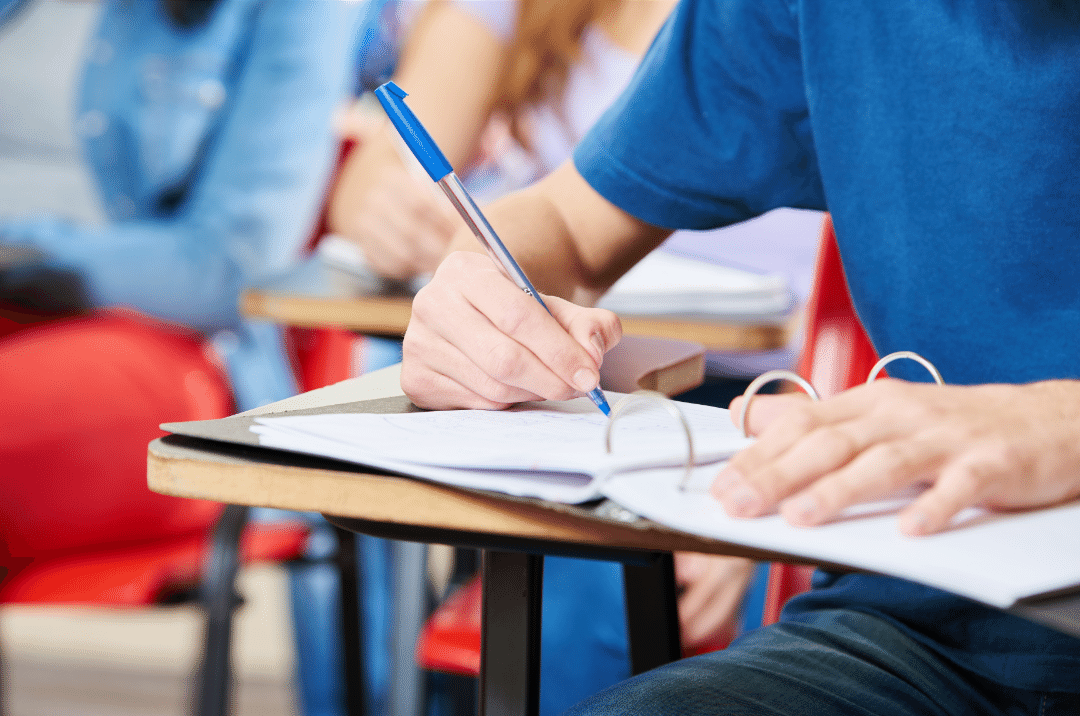Education & Career Trends: February 7, 2023
Curated by the Knowledge Team of ICS Career GPS

Article by Scott H. Young, published on scotthyoung.com.
Asking yourself what you hope to achieve from a learning task—whether it’s reading a book, watching a video, or taking practice exams—is always the first step. Notes usually serve two tasks:
- They keep a record of your education for subsequent simple access.
- They help you focus, which helps you recall more.
Most people pay attention to the first section. It’s true that this used to be a much greater issue. Due to the restricted availability of information, it was possible that you might never learn what you missed a teacher explaining in class. Thus, it was crucial to take notes that serve as a thorough record of the material delivered.
The second purpose of taking notes, in comparison, is far more significant. The memories you subsequently create are ultimately determined by what you pay attention to. It is known as “depth of processing” in psychology.
Students who focus on more intricate elements of the information learn and perform better on subsequent exams than those who pay attention to superficial details.
Note-taking involves more than just recording information. Even if you never open the notebook again, it’s a technique to focus your attention so that you’ll create richer memories.
Organise your thoughts first
By taking notes, we want to start the process of integrating the data we’re getting into a conceptual framework that we may utilise later.
The larger question of how to arrange what you’re learning to make it more usable then takes the place of how to take notes.
The purpose determines the best approach to organise something. For example, organising your bookshelves by colour might be visually pleasing. However, it wouldn’t be particularly helpful for a buddy looking through books who want to find something by a certain topic.
In a similar vein, how you take notes is constantly influenced by how the information will be applied in the end. When you are well-organized, the appropriate memories will surface on their own whenever you need them. When things aren’t organised well, it may be difficult to recall and find what you need during an exam.
Determine What Type Of Knowledge Structure You’ll Need
It may be helpful to see things as a flowchart. The goal of learning is to develop some form of structure that will enable you to achieve certain results when given particular inputs.
The majority of individuals have more intricate structures, including those that require extensive rote memorisation. You may occasionally need to recall collections of data. For example, a historical event may require a location, a date, participants, and importance, all of which must be connected.
Complex flow charts are frequently required by individuals that require “understanding” or “intuition.” Contrarily, memorisation-based individuals can appear to be easy but they too require extensive memory of numerous details.
However, thinking in this way about learning forces you to try to foresee how you’ll need to utilise your mind to benefit from the knowledge you’ve acquired. That, therefore, makes it clear how you ought to make notes.
Plan Ahead How You’ll Need To Utilise Your Mind
Because the brain is intricate, what you’re actually doing when learning and performing will be more complex than following a flowchart. But they frequently function rather well as a simplification for what you’re attempting to achieve.
Your initial consideration should always be: what kind of structure are you trying to build? What kind of conditions would you encounter that would prompt you to recall this information? How are you supposed to use it, distinguish between seemingly identical conditions, compute with it, or reason with it?
You can create flashcards if the flowchart is straightforward. Or you can rely on practising issues when something is complex and you are not sure whether you have it figured out.
You can also attempt to expose yourself to as many different instances as you can if the scenarios where you wish to utilise the information are varied. If the goal is to be fairly particular and focused on a single activity, You might want to constantly practice that so that you can remember it anytime you encounter that circumstance.
To Summarise
Taking notes is frequently the first step in the learning process. When you read or hear about a concept for the first time, you normally take notes. The objective is to get started on the path of determining what type of structure you need to create and to start building it, not to fully grasp the topic.
In this case, how you should take notes depends on two things: the structure you’re attempting to understand and your capacity to work on it during the first run. However, you’ll be far more likely to pay attention to what you’re learning in a way that will later be helpful if you keep the framework you’re attempting to construct in mind while you listen.
…
Have you checked out yesterday’s blog yet?
How Can You Embrace the Fullness of Life?
(Disclaimer: The opinions expressed in the article mentioned above are those of the author(s). They do not purport to reflect the opinions or views of ICS Career GPS or its staff.)
Like this post? For more such helpful articles, click on the button below and subscribe FREE to our blog.





One Reply to “How To Take Notes Efficiently”